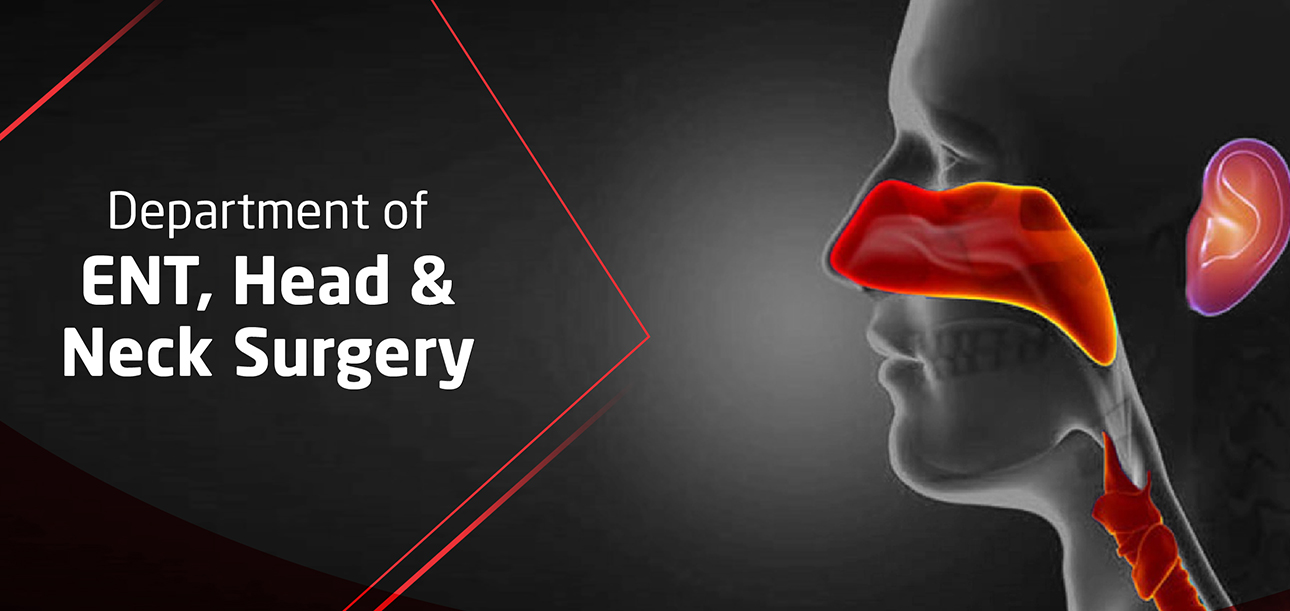Loading

The Department of Ear, Nose, and Throat (ENT), also known as Otolaryngology, is a specialized field of medicine that focuses on the diagnosis and treatment of conditions related to the ears, nose, throat, and related structures of the head and neck. This department plays a critical role in addressing various health issues that affect hearing, breathing, swallowing, and balance.Focuses on conditions specific to children, such as recurrent ear infections, tonsillitis, and congenital disorders of the ear and throat.
Otolaryngologists can work in various settings, including hospitals, private practices, academic institutions, and research organizations. They may also participate in teaching medical students and residents, conducting clinical research, and contributing to community health initiatives focused on ear, nose, and throat health.
ENT specialists provide comprehensive care, including diagnosis, treatment planning, and ongoing management of chronic conditions. They emphasize patient education regarding disease prevention, treatment options, and lifestyle modifications to improve outcomes.